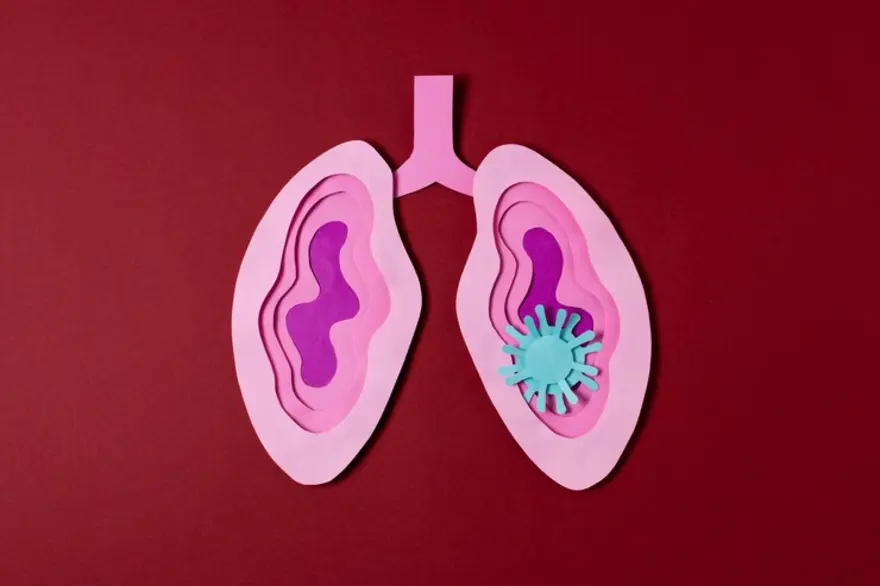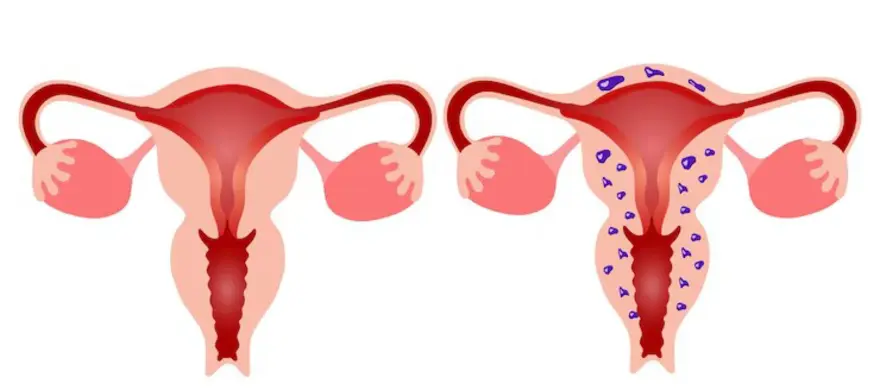Preventive Healthcare
Understanding Dengue Hemorrhagic Fever/Dengue Shock Syndrome & Multi Organ Failure
361 Views
0

Dengue fever is a mosquito-borne viral illness that affects millions of people worldwide each year. While many cases of dengue fever are mild, the disease can progress to more severe forms, such as Dengue Hemorrhagic Fever (DHF) and Dengue Shock Syndrome (DSS). Understanding these severe forms is crucial for effective treatment and prevention. DSS, in particular, poses a significant global health threat due to its potential to cause severe complications and high mortality rates.
Understanding Dengue Virus and Its Transmission
The dengue virus belongs to the Flaviviridae family and has four distinct serotypes (DEN-1, DEN-2, DEN-3, and DEN-4). Each serotype can cause dengue fever, but subsequent infections with different serotypes increase the risk of developing severe forms of the disease.
Dengue virus is primarily transmitted through the bite of infected Aedes mosquitoes, particularly Aedes aegypti and Aedes albopictus. These mosquitoes thrive in tropical and subtropical regions, making dengue a major public health concern in these areas. Symptoms of typical dengue fever include high fever, severe headache, pain behind the eyes, joint and muscle pain, rash, and mild bleeding.
Progression to Severe Dengue
Severe dengue, encompassing DHF and DSS, occurs when the body’s immune response to the dengue virus leads to increased vascular permeability, plasma leakage, and bleeding. Factors contributing to severe dengue include:
-
Previous Dengue Infection: Individuals who have had a previous dengue infection are at higher risk of developing severe dengue upon subsequent infections due to antibody-dependent enhancement (ADE).
- Viral Factors and Host Genetics: Certain viral strains and host genetic factors can influence the severity of the disease.
DHF is characterized by increased vascular permeability, which leads to plasma leakage into surrounding tissues, resulting in bleeding, low platelet count (thrombocytopenia), and high hematocrit levels. Patients with DHF may experience symptoms such as severe abdominal pain, persistent vomiting, rapid breathing, bleeding gums, blood in vomit or stool, and fatigue.
DSS is an advanced and more critical form of DHF. DSS occurs when the plasma leakage becomes so severe that it leads to hypovolemic shock—a dangerous condition where the body’s blood volume is critically low. This can cause a drastic drop in blood pressure, leading to insufficient blood flow to vital organs. DSS can rapidly progress to multi-organ failure, manifesting in symptoms such as severe hypotension, altered mental status, renal failure, liver dysfunction, respiratory distress, and cardiac arrhythmias.
Multi-Organ Failure in Dengue Shock Syndrome
In severe cases of DSS, the profound plasma leakage and resultant hypovolemic shock can lead to multi-organ failure, a life-threatening condition where multiple organ systems fail simultaneously or sequentially. The pathophysiological mechanisms involve:
-
Severe Hypotension: Persistent low blood pressure reduces blood flow to vital organs, causing ischemia and hypoxia.
- Cytokine Storm: An excessive immune response releases large amounts of cytokines, leading to systemic inflammation and further tissue damage.
- Metabolic Acidosis: Accumulation of lactic acid from anaerobic metabolism during hypoperfusion exacerbates organ dysfunction.
Clinical Manifestations of Multi-Organ Failure
Patients with DSS who progress to multi-organ failure may exhibit a variety of clinical signs, depending on the organs affected:
-
Renal or Kidney Failure: Characterized by reduced urine output (oliguria or anuria), elevated creatinine and blood urea nitrogen (BUN) levels, and electrolyte imbalances.
- Hepatic or Liver Failure: Indicated by jaundice, elevated liver enzymes (AST, ALT), coagulopathy due to impaired synthesis of clotting factors, and hepatic encephalopathy.
- Cardiovascular or Heart Failure: Manifested by persistent hypotension, arrhythmias, and myocardial dysfunction.
- Respiratory Failure: Exhibited by hypoxemia, respiratory distress, and the need for mechanical ventilation.
- Central Nervous System Involvement: Altered mental status, seizures, and coma due to cerebral hypoperfusion and metabolic derangements.
Importance of Early Diagnosis and Intervention
Early and accurate detection of DSS is critical in reducing morbidity and mortality associated with the disease. Recognizing the warning signs and symptoms early allows for timely medical intervention, which can prevent the progression to severe shock and multi-organ failure. Rapid diagnosis enables healthcare providers to initiate appropriate fluid resuscitation, closely monitor the patient, and administer supportive treatments before complications arise. Early detection also facilitates better patient outcomes by reducing the need for more invasive procedures and prolonged hospital stays.
Key diagnostic criteria and warning signs include sudden onset of high fever, severe abdominal pain, persistent vomiting, and bleeding tendencies. Continuous monitoring allows for timely adjustments to treatment plans and the use of advanced supportive therapies. Laboratory tests are crucial for confirming the diagnosis and assessing the severity of the condition:
- Complete Blood Count (CBC): Helps detect leukopenia, thrombocytopenia, and hemoconcentration.
- Hematocrit Levels: Elevated hematocrit indicates plasma leakage.
- Coagulation Profile: Assesses bleeding tendencies.
- Liver Function Tests: Elevated liver enzymes suggest liver involvement.
Differential diagnosis involves distinguishing DSS from other febrile illnesses, such as malaria, leptospirosis, and other hemorrhagic fevers.
Management of Multi-Organ Failure
Managing multi-organ failure in DSS requires a multidisciplinary approach and intensive care support:
-
Hemodynamic Support: Continuous fluid resuscitation, use of vasopressors to maintain blood pressure, and close monitoring of hemodynamic status.
- Renal Support: Renal replacement therapy (dialysis) may be necessary for patients with severe acute kidney injury.
- Hepatic Support: Management of coagulopathy with fresh frozen plasma, vitamin K, and addressing hepatic encephalopathy with lactulose or rifaximin.
- Respiratory Support: Oxygen therapy and mechanical ventilation for patients with severe respiratory distress or failure.
- Nutritional Support: Providing adequate nutrition to support metabolism and recovery.
Educating healthcare providers about the early signs of organ dysfunction and the importance of rapid, coordinated care can significantly reduce the mortality associated with severe dengue and multi-organ failure. Public health efforts to promote early detection and proper management of dengue infections can also play a crucial role in preventing the progression to such severe complications.
Conclusion
In conclusion, the early recognition and prompt management of Dengue Hemorrhagic Fever (DHF) and Dengue Shock Syndrome (DSS) are vital in preventing multi-organ failure and reducing mortality rates. Understanding the progression from typical dengue fever to its severe forms is crucial for effective treatment and intervention. At Metropolis, we prioritize your health by offering a comprehensive fever panel to detect and diagnose dengue infections early. Book your fever panel today at Metropolis and ensure timely intervention to safeguard your health against severe dengue complications. Don't wait—take proactive steps to protect yourself and your loved ones.
 Home Visit
Home Visit Upload
Upload














1701259759.webp)









 WhatsApp
WhatsApp